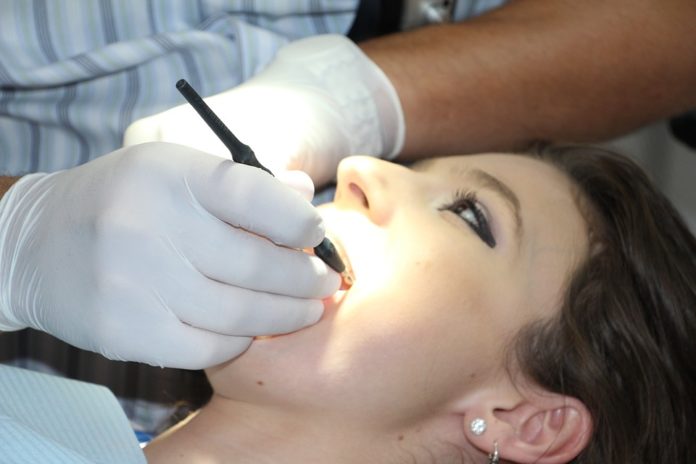An estimated, almost 15 million root canals are performed every year. A root canal results in a dead tooth with no living soft tissue, or dental pulp, inside. Now, scientists at the American Chemical Society (ACS) have developed a peptide hydrogel to stimulate the growth of new blood vessels and dental pulp within a tooth after the procedure.
This hydrogel can be infused instead of the gutta-percha. The material would stimulate both angiogenesis or new blood vessel development, and dentinogenesis, or proliferation dental pulp stem cells, inside the tooth.
Vivek Kumar, Ph.D., the project’s principal investigator, said, “What you end up with after a root canal is a dead tooth. It’s no longer responsive. There are no nerve endings or vascular supply. So the tooth is very susceptible to subsequent infection and, ultimately, falling out.”
The hydrogel, which is liquid during injection, contains peptides that self-assemble into a gel at the injection site. The peptides contain a snippet of a protein called vascular endothelial growth factor, which stimulates the growth of new blood vessels.
Later, along with a postdoctoral researcher at Rice University, scientists showed that the self-assembling peptide hydrogel stimulated angiogenesis and persisted under the rodents’ skin for as long as three months.
Kumar said, “We asked the question if we can stimulate angiogenesis in a limb, can we stimulate angiogenesis in other regions that have low blood flow?
One of the regions we were really interested in was an organ in and of itself, the tooth.” So Kumar and Nguyen added another domain to the self-assembling angiogenic peptide: a piece of a protein that makes dental pulp stem cells proliferate.”
After adding the new peptide to cultured dental pulp stem cells, scientists found that the peptide made the cells multiply, as well as initiated them to store calcium phosphate crystals—the mineral that makes up tooth enamel. When injected under the skin of rats, the peptide degraded within one to three weeks.
Currently, scientists are testing their peptide hydrogel on dog’s teeth who had undergone root canals to see if it can stimulate dental pulp regeneration in a living animal. The hydrogel in its current frame likely won’t decrease the obtrusiveness or pain of a root canal, however, scientists are planning future versions of the peptide that contain antimicrobial domains.
